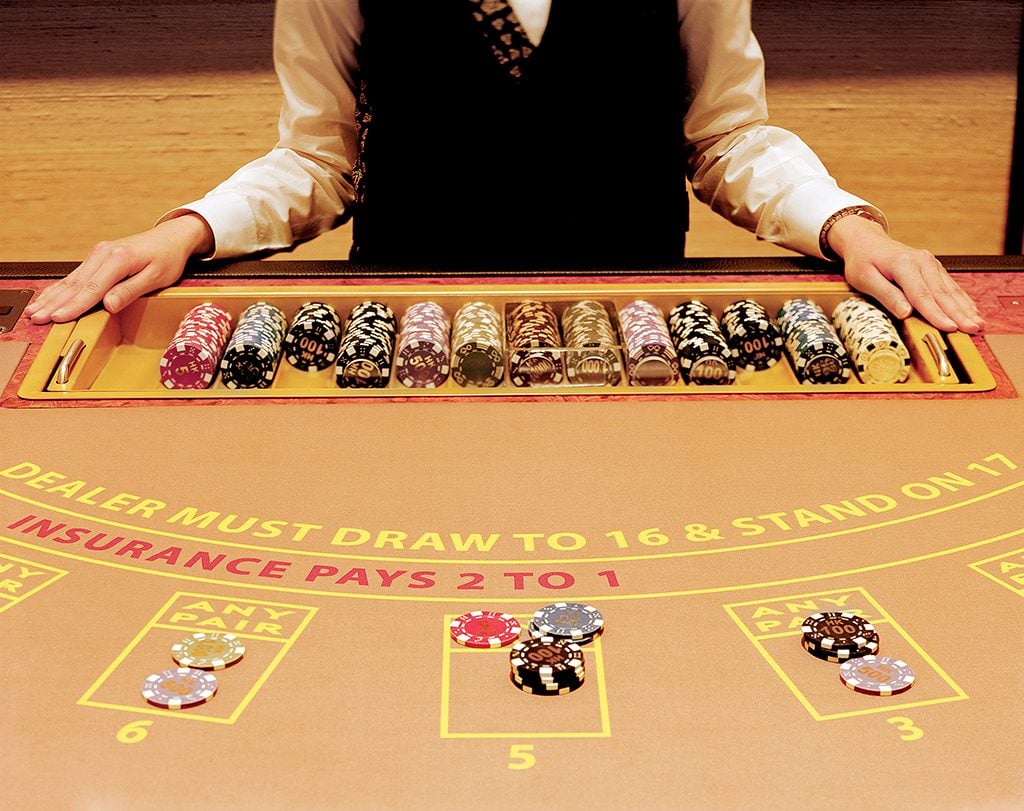
Casino entertainment have long been a staple in human culture, providing not just entertainment but a fascinating reflection of our dreams, ambitions, and fears. From the turning reels of a slot machine to the strategic gameplay of poker, these games represent a spectrum of human feelings and events. At their core, casino games are not just a chance to earn cash; they are a snapshot of life itself, where risk versus reward intertwine and fate can change in an moment.
As players gather around tables or sit in front of brightly lit machines, they take part in a tradition that transcends mere betting. These games mirror our innate desires for social interaction, excitement, and the search for fortune. They also unveil deeper truths about human psychology, such as our relationship with luck and the thrill of the unknown. In exploring casino games, we reveal not only the rules of play but also the complex weave of the human experience, showcasing our woven narratives of goal and reality.
The Psychology of Gambling
Wagering is intrinsically connected in human psychology, appealing to various emotions and desires. The excitement of taking risks is a fundamental aspect that attracts participants, whether the excitement of spinning a roulette or the excitement of drawing a winning card in a poker game. This adrenaline is frequently likened to other forms of excitement, as the uncertainty of outcomes triggers a unique psychological response. Gamblers often find themselves captivated by the chance of winning big, leading to an irresistible draw toward gambling games.
Additionally, a crucial component of the psychology behind gambling is the concept of hope and aspiration. Players often indulge in fantasies of financial freedom and the luxurious lifestyle that can accompany winning. This hope fuels their ongoing participation in gambling, as it provides a sense of purpose and the belief that a transformative win could be just one bet away. The narrative of beating the odds and achieving success resonates with many, strengthening their dedication to play and engage with these games.
Finally, social dynamics play a significant role in gambling psychology. Casino environments are designed to promote social interaction, where gamblers gather to share the journey of wins and losses. This communal aspect not only enhances enjoyment but also influences behavior, as individuals often imitate the actions of others around them. The collective approval found in mutual thrill can magnify the emotional experience, making casino games a mirror of not just personal desires but also collective engagement within the gambling community.
### Risk and Reward: A Double-Edged Sword
Gambling games embody the subtle balance between danger and reward that resonates deeply with human nature. The thrill of placing a wager is often accompanied by a rush of adrenaline, as participants are confronted with the chance of striking it rich, yet cognizant of the risk to suffer losses. This twofold experience reflects a essential aspect of life: the choices we make often come with built-in risks, and the quest for benefit can drive us to embrace risks we might not normally consider. In this way, casino games mirror real-world decisions, enticing players to risk not just their money, but also their hopes.
The allure of grand jackpots and payouts fuels a feeling of positivity, encouraging gamblers to dream of a more promising future that could manifest from a fortunate turn of the roulette or flip of a card. This positive outlook can drive individuals to engage in greater risks, pushing them to take greater risks in search of monetary success. casino non AAMS However, just as in life, the results of these decisions can lead to both victory and failure. The stories of both big winners and those who have faced losses everything at the tables demonstrate the unpredictable nature of chance and its consequential repercussions on our futures.
Ultimately, the interaction of engaging with casino games serves as a vivid illustration of the nature of humanity. Every session played is filled with the tension of ambiguity, as gamblers weigh the gains against the dangers. This dynamic not only highlights the excitement that comes with gambling but also exposes the weaknesses that come with the urge for more. As we explore the challenges of decision-making and consequence in both the gambling world and in life, we find that the pursuit of risk and reward shapes our identities and experiences in significant manners.
Community and Loneliness in Gambling Environment
Gambling environment is a unique blend of communal engagement and individual pursuit, reflecting the dualities of human experience. Players often gather around tables, experiencing in the thrill of the game, rejoicing in wins, and sympathizing over losses. This social aspect is crucial, as it fosters a sense of community and camaraderie among diverse groups of people. Regular attendees to gaming establishments may form friendships and develop routines, turning the casino into a alternative home where they feel linked to a larger community of gamblers.
However, the allure of gambling games can also result to isolation. As individuals become immersed in the excitement of playing, they may isolate from personal relationships or neglect to interact with the environment outside the gaming space. For some, the search of a jackpot can overshadow real connections, leading to loneliness. The experience of being among people yet feeling solitary is not rare, as the attention shifts from shared enjoyment to the individual stakes of each player’s path.
This interplay of society and isolation creates a vivid mosaic that defines gaming culture. It showcases the complexity of social interactions, where happiness and despair coexist. Casinos serve as both a refuge for social engagement and a platform for individual struggles, demonstrating how deeply connected our yearning for companionship and the personal quest for wealth can be. In navigating this landscape, gamblers confront their own narratives—seeking both the rush of the wager and the companionship of fellow gamblers, eventually mirroring the wider spectrum of individual experience.